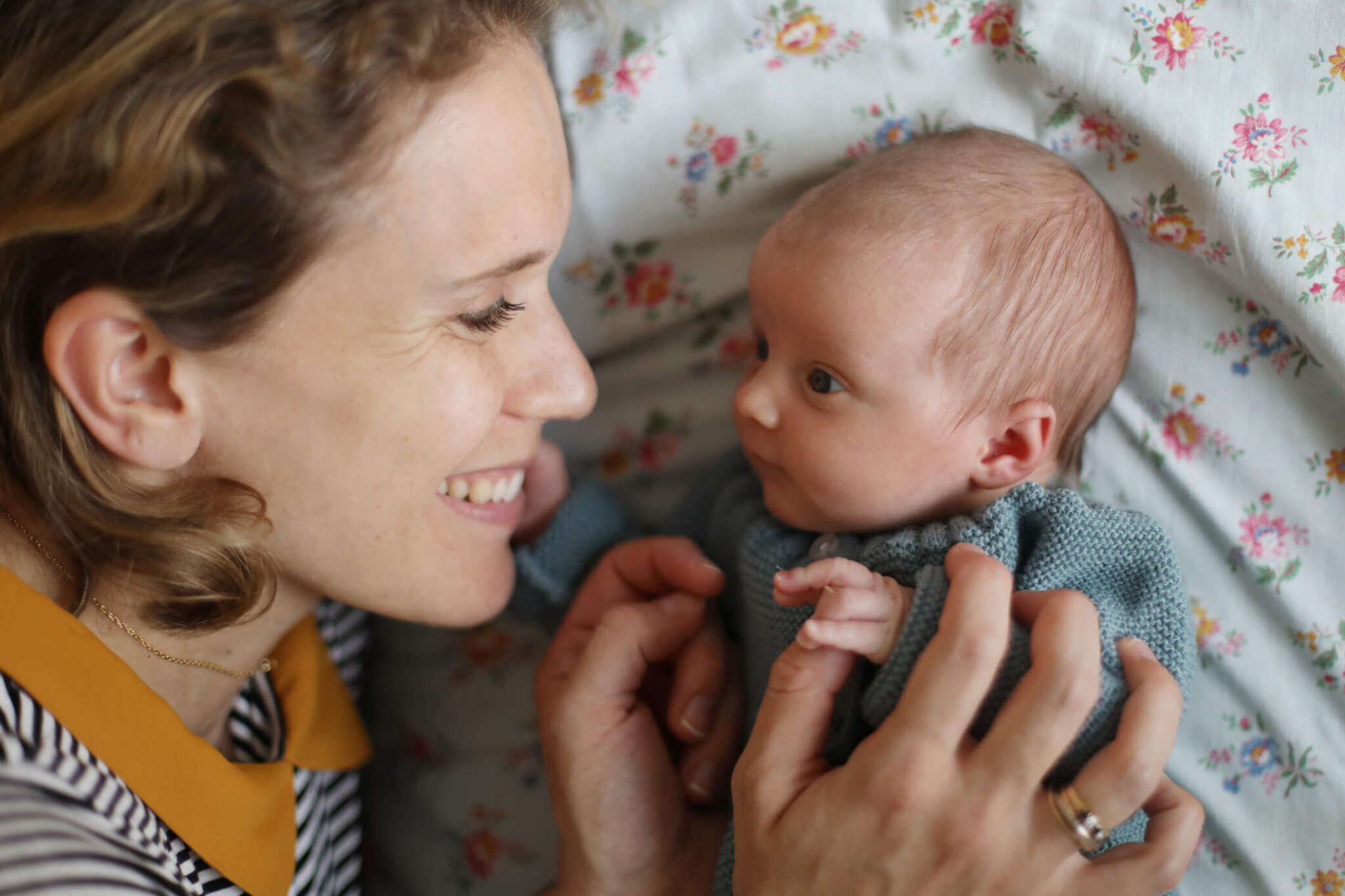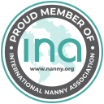Congratulations: you’re expecting! Many expectant families find this to be one of the most wonderful times in their lives. Having a baby provides a host of challenges for parents-to-be, but being pregnant during a global pandemic adds to the challenges. That’s why we’ve compiled ten tips to help you prepare for baby during the COVID-19 crisis.
1) Build a support network.
It’s natural to want to share the pregnancy experience with those you love. Still, pregnancy during a pandemic comes with nuances, like limitations on interpersonal interactions. It’s crucial for your mental well-being that you establish a circle of loved ones that can share in the joy of your journey. As you prepare to share your news with others, try to select a few individuals with whom you’d like to maintain close contact during these months, and have an honest conversation about any concerns you have related to the health and safety of these interactions. You can also find support in online parenting groups and forums.
2) Understand the risks.
According to new information from the Centers for Disease Control (CDC), women who are pregnant or breastfeeding may be at a higher risk of developing severe complications related to a COVID-19 diagnosis — including the potential for adverse birth effects. Be sure you understand the risks and take precautions to protect yourself and your unborn child.
3) Find a comfortable mask.
If your pregnancy is progressing smoothly, you can expect to see your doctor for prenatal care approximately:
- Once a month for weeks four to twenty-eight.
- Every two weeks for weeks twenty-eight to thirty-six
- Weekly from weeks thirty-six through delivery
Most physicians and hospitals now require patients to wear a mask regardless of the nature of their visit, so investing in a comfortable, well-fitting mask in preparation for these trips is worthwhile.
4) Familiarize yourself with hospital policies.
The coronavirus outbreak has had an impact on the entire healthcare industry, and your place of delivery may have new policies. These protocols include things like required COVID-19 testing before admittance to the labor and delivery unit, limitations on the number of birthing partners or support persons a mom-to-be can have in attendance, and heightened restrictions on access and visitation. For your comfort and peace of mind, discuss these regulations with your provider regularly and ask any questions you may have so that you have clear expectations of what the process will look like when it’s time for your baby to make their entrance.
5) Exercise.
Pregnancy can be stressful on its own, but pregnancy during a global pandemic is a whole new game. One of the greatest tools available to help reduce stress is regular exercise. Even a simple walk can do wonders for your mental state, and the American College of Obstetrics and Gynecologists recommends pregnant people engage in moderate aerobic activity at least 30 minutes a day, five days a week.
6) Take an online childbirth class.
Signing up for a childbirth class is helpful even when the world is spinning as usual, but online options offer the added benefit of learning all the ins and outs of the first few months from the comfort and safety of your home. Use coupon code: Pavillion for 20% off your subscription
7) Communicate your ground rules.
In most cultures, the birth of a child brings friends, relatives, and neighbors from all corners to shower the new parents with offerings and to meet the bundle of joy. In our current climate, this isn’t in the best interest of anyone involved. Before delivery, sit down with your partner and establish a clear set of ground rules for after baby — and empower yourself to do what feels right for you, no matter what tradition suggests. Whether this means asking loved ones to quarantine before meeting your baby or opting to host a Zoom-based “Sip and See” instead of having visitors, don’t be afraid to turn away anyone who doesn’t respect your choices.
8) Stock your pantry and freezer in advance.
You don’t have to love cooking to apply this tip (even in the non-pandemic era). A few months out from your due date, start making double batches of your favorite meals or snacks: one to eat now and one to freeze for later. If you’re not one for the kitchen, add a freezer meal or a box of your go-to snack to your shopping cart and brand it as off-limits until you’re home from the hospital. In the days and weeks following delivery, you and your partner will be glad to have quick, easy food items that don’t require much mental strength to prepare — and keeping on top of your nutrition will aid in recovery.
9) Check off the normal pregnancy “to-do’s”.
Not everything about pregnancy will be colored by the coronavirus. Check out this helpful list of pre-baby preparations to help you plan in more general terms.
10) Embrace the uncertainty.
No matter when they happen, pregnancy, childbirth, and parenting are a wild ride. Throughout this time, continue to make the best decisions you can with the information you have — and as new information becomes available, don’t be afraid to change course. Lots can change between now and your due date, personally and globally. Try to focus on the things you can control, and search for the ways that these unprecedented times allow you to connect more deeply with yourself and your loved ones. Whether this is your first pregnancy or your seventh, you’ll never have this time again.
If you are interested in learning more about our babynurse and nanny services fill out a request here.
We wish you the best during this incredible time in your life.
Seth Norman Greenberg




